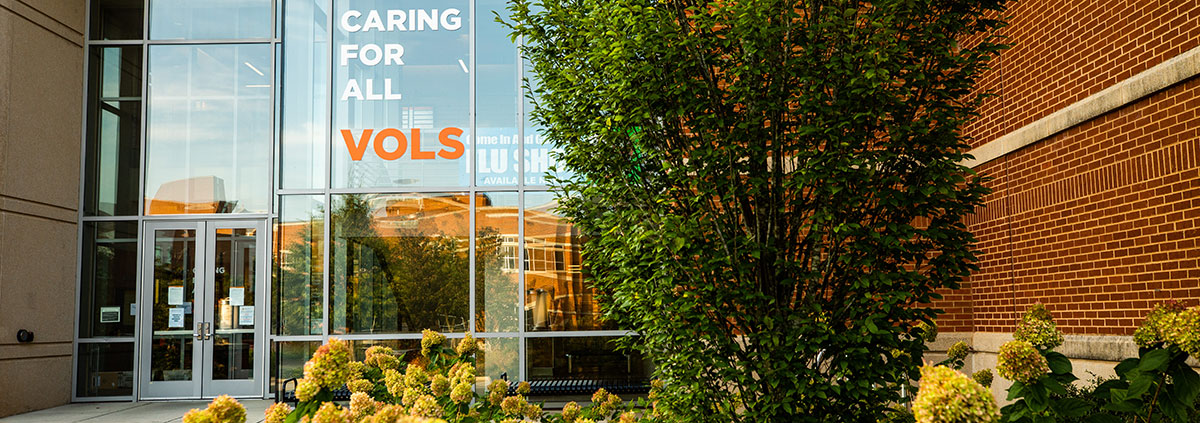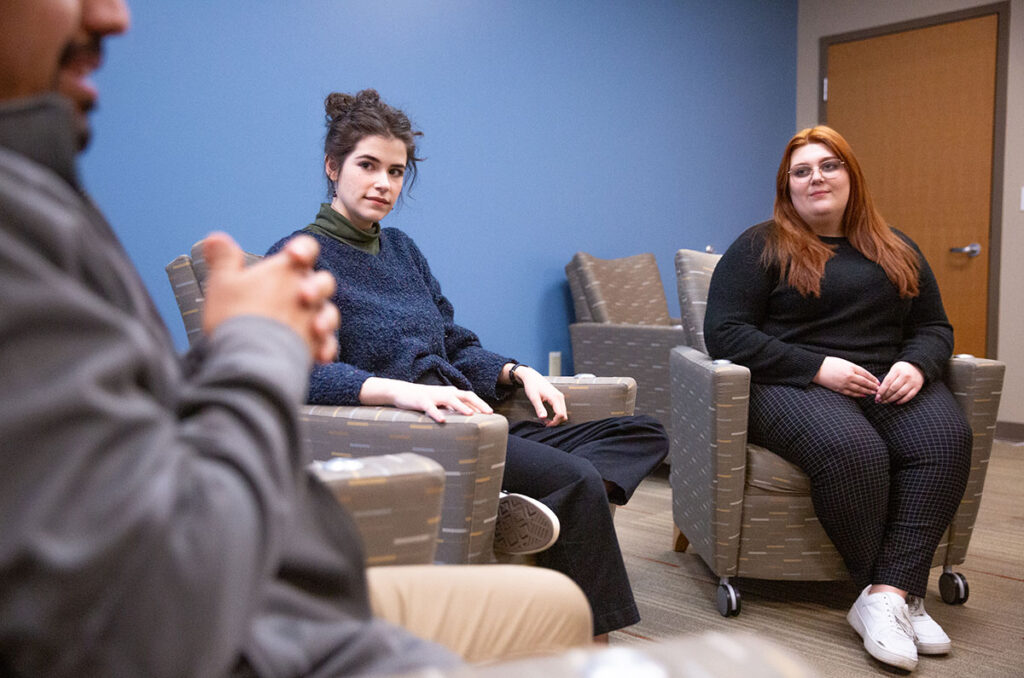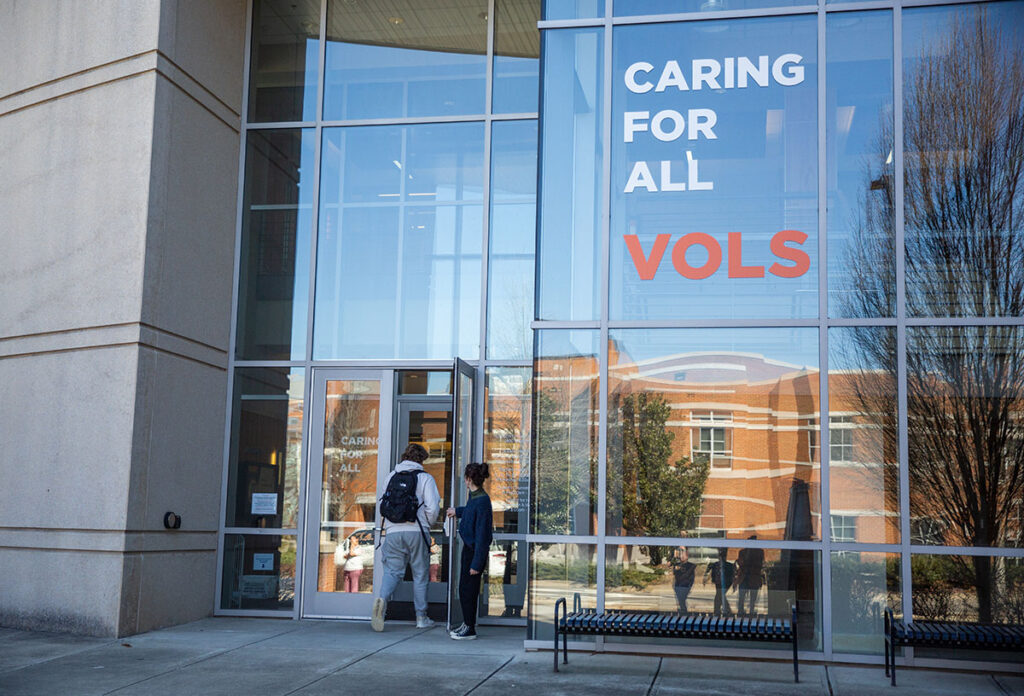The Student Counseling Center (SCC) is the primary mental health resource for in-residence students on the UT Knoxville campus.
The center offers short-term individual therapy as well as group therapy, skills training, seminars, and support groups. As a department within the Division of Student Life, our multidisciplinary team includes psychologists, social workers, counselors, and other helping professionals who work collaboratively to support the University of Tennessee, Knoxville, student community.
Getting Started
To schedule an appointment, please call our office at 865-974-2196. One of our front line staff will schedule you for a brief, 30 minute appointment to assess your needs. During this appointment, you and a provider will discuss your next steps here at the counseling center. After scheduling your appointment, an email will be sent to your UT email with required paperwork regarding your appointment. This paperwork MUST be completed at least 30 minutes before your appointment time or the appointment will be canceled and rescheduled.
Services
The Student Counseling Center provides group and individual therapy services, support groups, workshops, medication management services, and referral services to eligible UT students.
Group Therapy
Groups offer a unique setting in which peer interactions facilitate self-improvement and the alleviation of suffering. Participants often feel less alone in their struggles, with the group providing a sense of community.
Single Session or Short-Term Counseling
The center offers short-term, goal-focused, individual counseling services. A counselor will help you determine which services are available and most appropriate for your needs and goals.
Psychiatry and Medication Services
Individual and group counseling often provide effective treatment for mental health concerns, but sometimes medication and psychiatric services may be beneficial.
Caring for All Vols
The Student Counseling Center is committed to providing high-quality care and services to all UT students. Regardless of your race, age, ethnicity, sexual orientation, gender, gender expression, physical ability, personal creeds or spiritual beliefs, national origin, or socioeconomic status, we pledge to create an affirming and welcoming environment. We achieve this by providing culturally responsive counseling services, specialized training for our staff, participating in community events, and by exemplifying a welcoming, compassionate presence within the Volunteer community.



